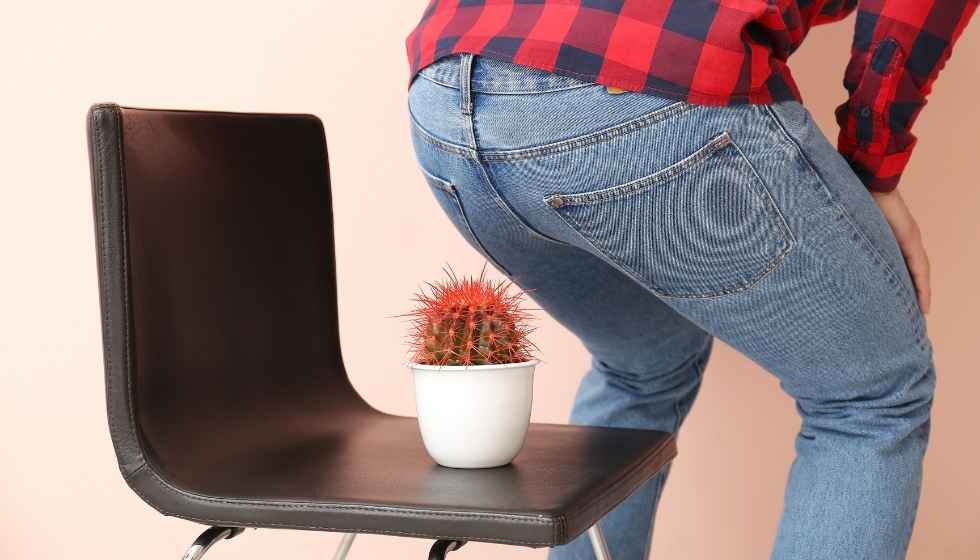Piles, also known as haemorrhoids, are common among men and can appear as several symptoms, including bright red blood when you go to the toilet, lumps around the anus, as well as pain and itchiness.
Over-straining in the toilet or over-exerting yourself at the gym could contribute to the evolution of piles, but medicine and comfort are available in different formats.
What is Piles (Haemorrhoids)
The word haemorrhoid is derived from “haemorrhoids,” meaning veins liable to discharge blood. It is commonly seen in the age group of 45-65 years.
Piles are haemorrhoids swollen inside and around the lining of your buttocks or anal lining, and they usually get better on their own after a few days. There are several ways for the prevention and treatment of haemorrhoids.
Also Read: What is Surrogacy Pregnancy
The cause of haemorrhoids is unknown. A few factors that cause haemorrhoids are constipation, increased pressure on the blood vessels during pregnancy and sustained weight gain, persistent diarrhoea, prolonged sitting on the toilet, and straining to lift heavy objects. They may reduce within 1-2 weeks, but if persistent symptoms like rectal bleeding occur, must consult a physician immediately.
Why Piles Caused – Reasons Why it Happens
It is not established yet what causes the veins around your anus to swell and bulge, yet nearly two out of the four adults undergo the symptoms of haemorrhoids.
Common aspects contributing to an improved risk of mourning from piles are constipation, sedentary lifestyle, bad diet, smoking and alcohol, family history, being pregnant or obese, severe regular eating, and anxiety.
Suppose you’re experiencing pain or itching in and around the anus, bright red blood on the tissue after passing a stool, mucus on your underwear, or sensitive lumps around your anus.
In that case, you may be suffering from a common condition known as haemorrhoids, also known as piles.
Piles are caused due to several reasons. These reasons increase the strain within the blood vessels delivering the anus and rectum and compel the vessels to swell.
A typical cause of haemorrhoids in men is pushing too much when on the toilet, and the reasons for this are two-fold. For one, sitting on the toilet for extended periods causes the anus to relax and blood to flow into the haemorrhoids.
Secondly, extreme straining often caused by constipation can put too much stress on the veins and blood vessels around the anus, causing them to swell up and occasionally bleed.
Making sure that you drink plenty of water and eat a balanced diet can help if you suffer from constipation.
- Sitting for long periods, especially on the toilet seat
- Straining during bowel movements
- Being Overweight
- Chronic (long-lasting) constipation or diarrhoea
- Anal Intercourse
- Regular use of a low-fibre diet
- Pregnancy
- Poor posture
- Spinal cord injury
Haemorrhoids are usually efficiently treated, either by creating simple changes to your lifestyle, as we’ve talked about or through over-the-counter creams, ointments and suppositories, like Germoloids, which help cool the pain and itching as well as shrink piles.
Also Read: Tips to Keep Your Teeth and Gums Healthy


